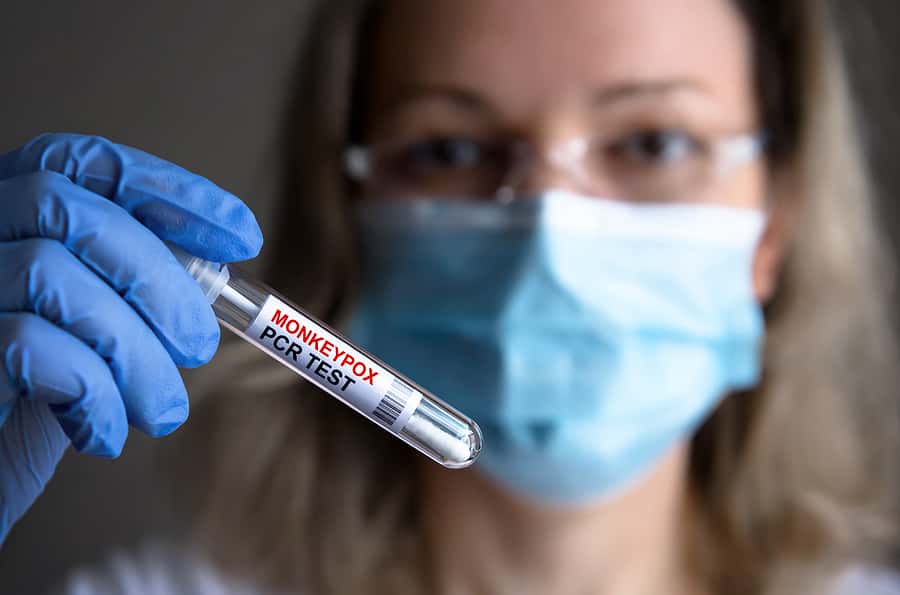
Diagnosing infectious diseases accurately and in a timely fashion remains challenging. Mistaking a sore throat caused by Fusobacterium for one caused by more common Streptococcus can be deadly. Even distinguishing between COVID-19 and the flu can sometimes be challenging. Culturing bacteria or viruses from patient samples remains the gold standard, but it is also time consuming, difficult and not always accurate. New biomarker technology may help solve this problem in the future.
New Biomarker Technology to Aid Diagnosis:
Scientists at Icahn School of Medicine at Mount Sinai and Yale School of Medicine have identified biomarkers that may identify infections more rapidly and accurately (Cell Systems, Dec. 21, 2022). Rapid diagnosis is crucial to help doctors avoid treating viral infections with antibiotics, for example.
Current diagnostic technology such as culture or PCR assays or antigen-binding assays may fail to signal an infection early in its course. The scientists have found, however, that the immune system responds rapidly when it encounters pathogens. Some of these are part of a general response to infection. An activated group of genes leaves a distinctive fingerprint that can be detected with the new biomarker technology.
The researchers have applied the new biomarker technology to COVID-19. They are striving to develop signals that detect infection quickly and consistently, but do not cross-react with other pathogens. According to the investigators, cross-reactivity is common.
They note, though:
“Despite this, it is possible to generate viral signatures that are not cross-reactive with any bacterial class.”
The authors acknowledge that their work is preliminary, but the principles should apply to many other infectious diseases. Other scientists will need to contribute studies of infections to develop this new biomarker technology into a tool that doctors can use in clinical settings.
Citations
- Chawla DG et al, "Benchmarking transcriptional host response signatures for infection diagnosis." Cell Systems, Dec. 21, 2022. DOI:https://doi.org/10.1016/j.cels.2022.11.007

